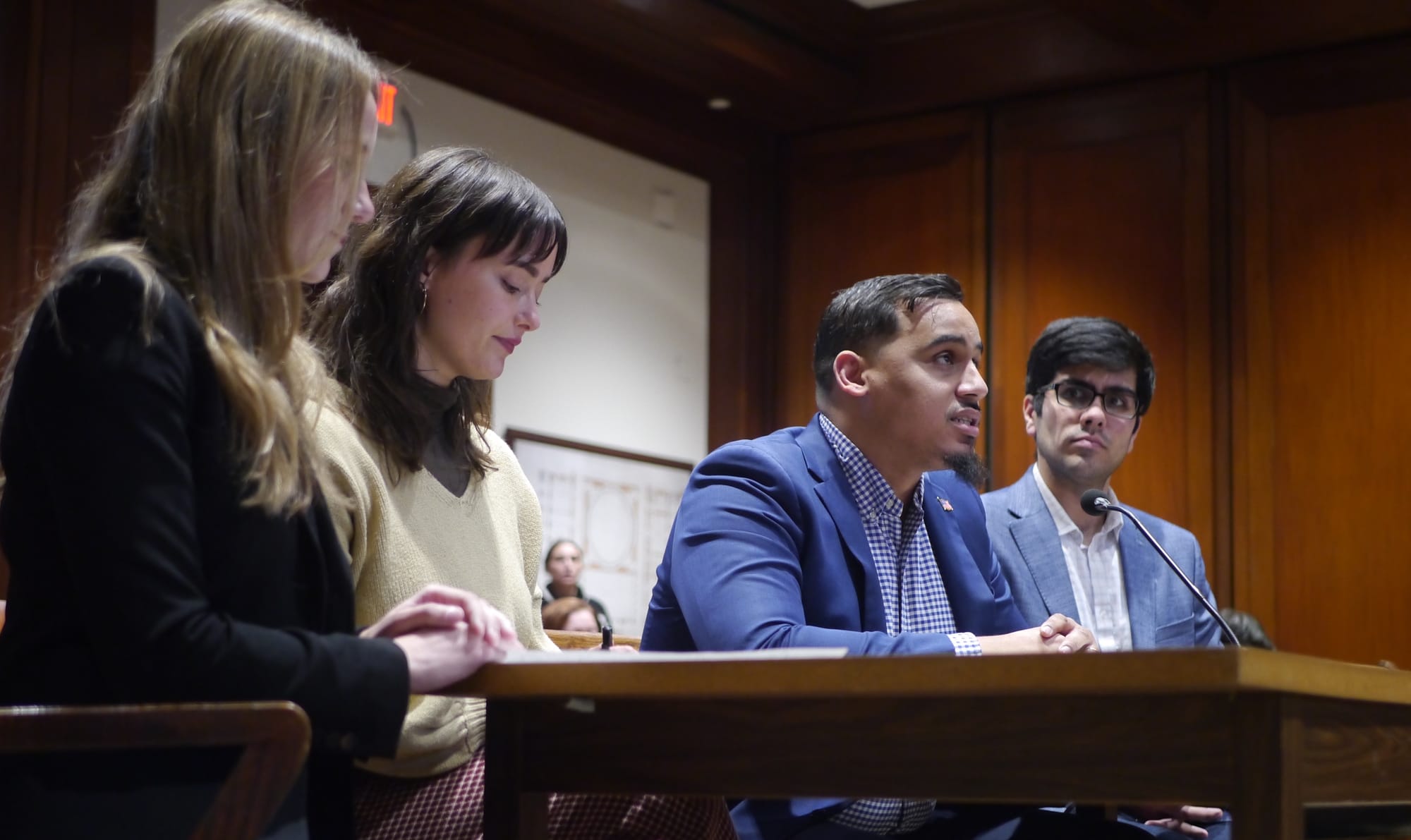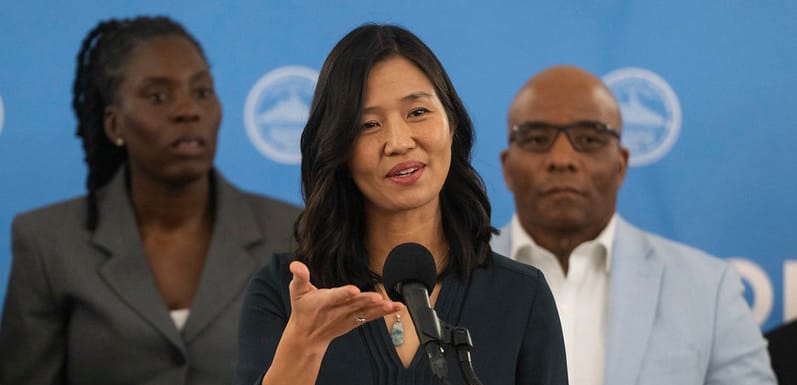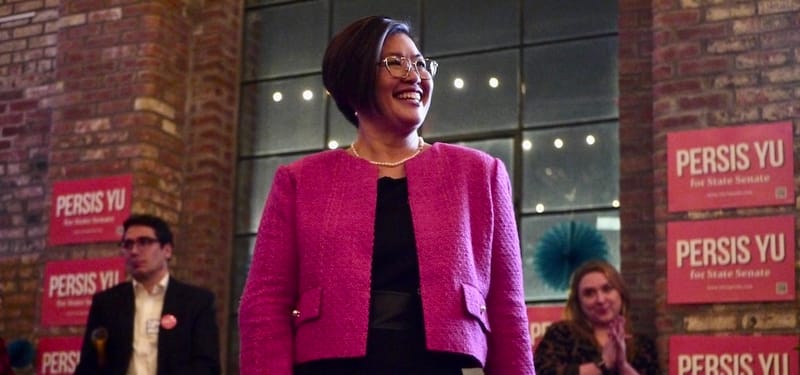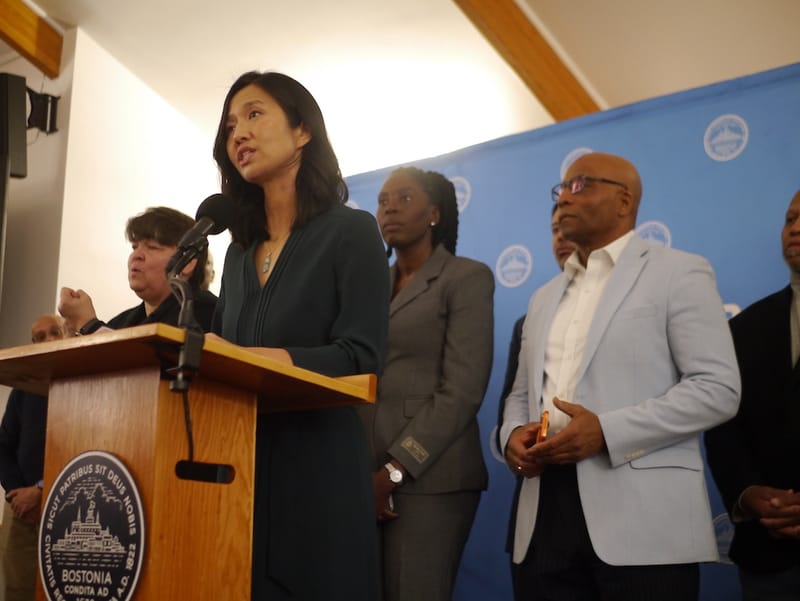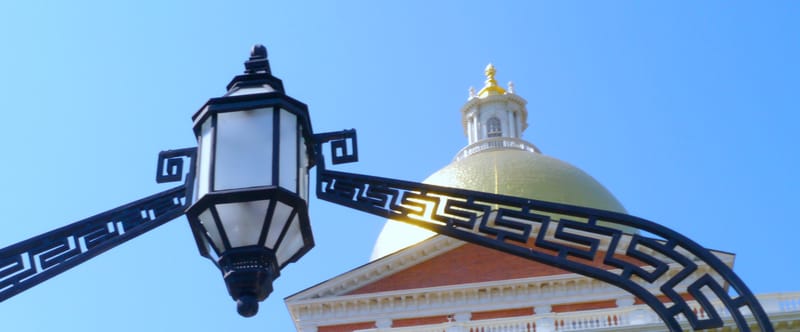Advocates push for ranked choice voting option
Election reform advocates testified at a hearing last Thursday in support of a bill that would give Massachusetts cities and towns the option to adopt a ranked choice voting system into their elections.
By Nicole Abrams
Election reform advocates testified at a hearing last Thursday in support of a bill that would give Massachusetts cities and towns the option to adopt a ranked choice voting system into their elections.
State Sen. Becca Rausch and Rep. Russell Holmes filed the bill, titled “An Act providing a local option for ranked choice voting in municipal elections,” and it was presented to the Joint Committee on Election Laws at a hearing last week.
This bill allows for towns and cities in Massachusetts to implement ranked choice voting into their local elections without having to get approval from the state legislature and the governor.
“It doesn't mandate anybody switching to ranked choice voting,” Rausch said, “it just creates a pathway for towns and cities to make that change of their own volition.”
Ranked choice voting allows a voter to list their candidates on a ballot in order of preference. If a voter’s first-choice candidate does not secure enough votes to win, his or her vote then goes to their second-ranked candidate. Under most ranked choice systems, voters can vote for just one candidate or as many others as they would like.
In the Sept. 9 preliminary City Council election in the Roxbury-based District 7, 11 candidates split the vote, with no candidate winning more than 15%. In the general election, 70% of voters were faced with candidates for whom they had not voted. Under a ranked choice system, more voters would at least have an assurance that their second- or third-ranked candidate won.
Fifty-two municipalities in the United States use this system in their local elections, according to FairVote, a nonprofit voting reform advocacy organization.
In Massachusetts, 10 municipalities have passed home rule petitions to allow for ranked choice voting in their elections, but Easthampton and Cambridge are the only two cities in the state that use ranked choice voting, according to FairVote.
Rausch said that she filed this bill in order to give Massachusetts municipalities the ability to finally implement a voting system that they have been asking for for years.
“We on Beacon Hill are standing in the way of towns and cities implementing the will of their voters,” Rausch said in the hearing.
Currently, cities and towns seeking to switch to a ranked choice voting system must get approval from the Legislature. But Rausch said that the municipalities that want to implement ranked choice voting in their elections are unable to get past the Beacon Hill red tape and delays in the state legislative process.
“It isn't for the state legislature and the state capital to get in the way of voters in their own towns and cities throughout the Commonwealth of Massachusetts choosing their own voting method for themselves for their own local elections,” Rausch said.
Stephan Bader, a retired Certified Public Accountant who testified at the hearing, said that he was the citizen petitioner who brought a home rule petition on ranked choice voting to a town meeting in Concord.
Bader agreed with the points Rausch had made at the hearing about the home rule petition process, saying that the Legislature should act according to the wishes of their constituents.
“I think that applies to not just ranked choice voting. It applies to lots of things that towns have asked for, and I don't think that gets enough weight in the final analysis at the Legislature,” Bader said.
Edwyn Shoemaker, the Executive Director of Voter Choice Massachusetts, testified at the hearing, saying that a ranked choice voting system leads to an increase in voter turnout in local elections.
Shoemaker referenced Easthampton’s three-way competitive race that used ranked choice voting, which had the highest voter turnout since the city was founded. He compared that to Boston’s mayoral election, which saw a decrease in voter participation.
“When you have only one person on the ballot, and there’s sort of this perception that there's not as many choices,” Shoemaker said. “You saw what happened where the turnout dipped.”
Bader also said that he has seen how much ranked choice voting allowed for less extreme and polarizing elections.
“It results in a more civil campaign and a more nuanced discussion of the issues at hand,” Bader said.
Rausch also acknowledged the benefits of ranked choice voting in elections.
“We've seen it be highly successful in a variety of places all across the country, in both typically blue leaning areas and typically red leaning areas,” said Rausch.


